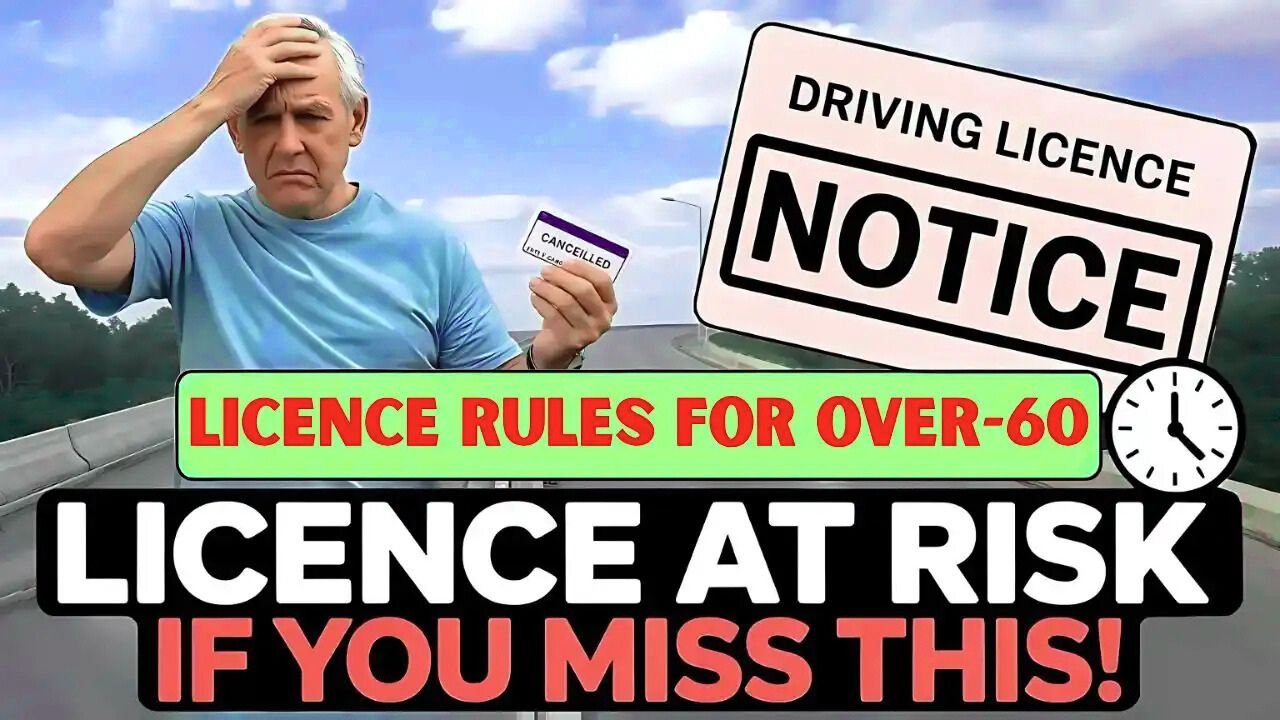Driving allows many Australians over 60 to stay mobile, independent, and connected to their community. However, as people age, licence rules and renewal requirements change across different states and territories to ensure safety for both seniors and other road users.
If you’re over 60 (or approaching 70–80), it’s important to understand how the rules apply so you can continue driving with confidence and avoid unexpected restrictions.
Age-Based Licence Requirements for Older Drivers
The rules vary by state, but there are some common requirements seniors should know:
Medical Assessments
- Most states require a medical certificate from age 75 to confirm fitness to drive.
- Some states may request assessments from age 70 onwards if there are health concerns.
Licence Renewal Periods
- Younger drivers often renew every 5–10 years.
- Senior drivers usually need to renew every 1–3 years, depending on state laws.
Vision Tests
- A vision test is typically mandatory during licence renewal.
- Drivers must meet minimum eyesight standards to continue driving legally.
Driving or Knowledge Tests
- If medical issues affect driving ability, authorities may ask seniors to complete a practical driving test or knowledge test before renewal.
State-Specific Licence Rules for Seniors
Here’s a quick breakdown of requirements by state:
| State/Territory | Senior Driver Rules |
|---|---|
| NSW | Medical certificate required from age 75. |
| VIC | Medical exam required at 75+, may be requested at 70–74. |
| QLD | Medical exams required at 75+. Renewal every 2 years. |
| WA | At 80+, health declaration required; possible practical test. |
| SA | Health checks required from age 75 onwards. |
| TAS/ACT/NT | Medical checks required (age limits and renewal periods vary slightly). |
Safe Driving Tips for Senior Drivers
Even with a valid licence, it’s important to practice safe driving habits:
- Schedule regular eye and hearing tests.
- Avoid night driving or poor weather if vision is reduced.
- Check whether medications affect alertness or reaction times.
- Consider taking a senior refresher driving course to update road knowledge.
Practical Tips for Licence Renewal
- Renew well before expiry to avoid lapses.
- Keep medical documents handy for renewal or police checks.
- Explore alternative transport options such as buses, trams, taxis, or ridesharing.
- Take advantage of low-cost or free senior driver programs offered in some states.
FAQs About Driving After 60 in Australia
1. At what age do medical checks start for senior drivers?
Usually from age 75, but some states may require them earlier.
2. How often do seniors need to renew their licence?
Most states require renewal every 1–3 years, depending on age and health.
3. Do seniors need to take a driving test?
Only if health concerns arise or if requested by the licensing authority.
4. Can my licence be restricted as I age?
Yes. Conditions such as daylight-only driving or no highway driving may be applied if necessary.
5. What if I fail my medical or driving assessment?
You may be restricted, offered alternative licence types, or advised to stop driving for safety reasons.
Conclusion
Licence rules for drivers over 60 in Australia are designed to balance independence with road safety. By staying informed, maintaining good health, and planning ahead for renewals, seniors can keep driving safely for many years.



